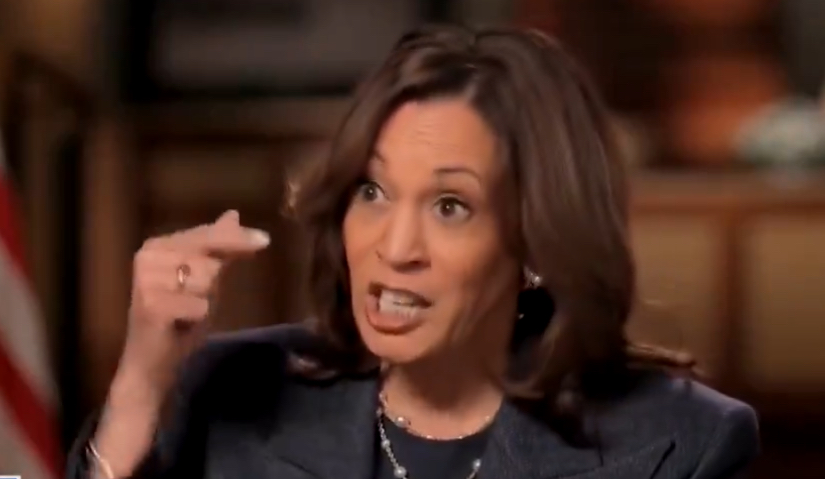Vice President Kamala Harris has recently faced another plagiarism scandal, raising concerns about her credibility. The issue was highlighted by a report from the Washington Free Beacon, which indicated that Harris had lifted congressional testimony from Illinois District Attorney Paul Logli. This incident occurred during her testimony before the House Judiciary Committee in 2007, where she discussed the challenges faced by debt-laden prosecutors leaving public service for higher-paying private sector jobs. In her testimony, she argued that such dynamics led to understaffing in district attorneys’ offices and highlighted the complexities of various criminal cases, emphasizing that only experienced prosecutors should handle them. However, it was soon revealed that Logli had made similar statements two months prior, including identical typos and spelling errors.
The implications of this recent plagiarism are complex and multifaceted. In her testimony, Harris advocated for a bill that aimed to alleviate the financial burdens of judicial professionals by forgiving loans for public service lawyers. While her argument presented a pragmatic solution to the problems of under-resourced district attorney’s offices, concerns arose over her integrity, especially as it was discovered that she was not the original source of those ideas. Additionally, this isn’t the first time Harris has been accused of plagiarism; in earlier allegations, the Vice President had used portions of a Wikipedia entry on human trafficking without proper attribution and incorporated sections from her own book, “Smart on Crime,” without acknowledgment of the original sources.
Reports indicate that Harris’ actions were not merely isolated incidents, as findings from the Beacon uncovered a total of seven instances where she appropriated others’ work without credit. One particularly noteworthy reaction came from J.D. Vance, the Republican candidate for vice president, who publicly condemned Harris on social media. He remarked on the ease with which he wrote his own book in stark contrast to Harris, further complicating her public image and fueling criticisms regarding the authenticity of her political rhetoric and writings. This kind of scrutiny poses a larger question about transparency and honesty in political offices, especially for someone in a high-ranking position like the vice presidency.
The issue of plagiarism in politics is not a new phenomenon; however, Harris’ pattern of borrowing without attribution raises renewed ethical concerns and public interest in the integrity of elected officials. Politicians and public figures are usually held to higher standards, and when allegations of dishonesty arise, they can significantly impair trust between constituents and their representatives. Harris’ situation serves as a pertinent example of the potential repercussions of such controversies, especially in an election cycle where authenticity and competence are critical to voter preferences.
Despite the growing scrutiny, the Harris campaign has refrained from addressing these plagiarism claims publicly, leaving room for speculation about accountability and the potential impact on her political career. As various stakeholders and commentators discuss these revelations, there is a pressing need for a more profound exploration of how this behavior might influence public perception and the Democratic Party’s image as a whole. The absence of clear responses from her campaign only adds to the uncertainty surrounding how these allegations may affect her and the broader Democratic agenda as the electoral process moves forward.
As the political landscape continues to evolve, Harris’ plagiarism allegations will likely remain at the forefront of discussions regarding integrity in public service. For voters, it raises essential issues about the qualities they value in a leader. Whether or not these scandals will significantly impact Harris’ political future or that of the Democratic Party is yet to be determined. However, it undeniably highlights the importance of originality and credibility among public figures, serving as a cautionary tale for current and aspiring politicians alike.

